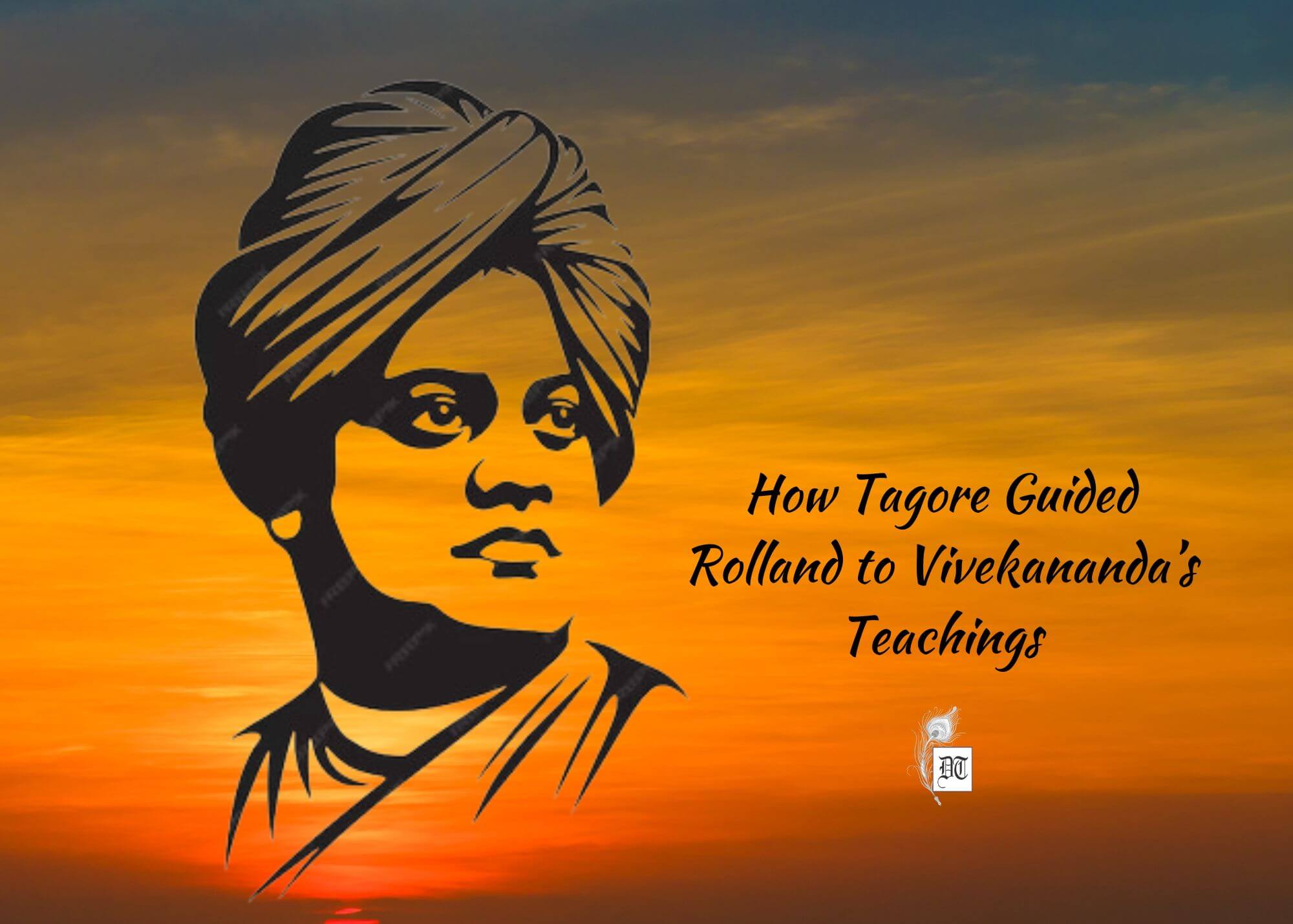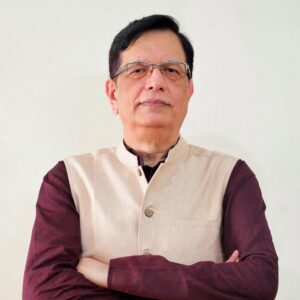A wartime encounter with Vivekananda’s teachings led French thinker Rolland to spiritual awakening and Indian heritage. Ram Krishna elucidates on the eve of Vivekananda’s 161st birthday, exclusively for Different Truths.
Romain Rolland was the great French thinker, Nobel laureate, and pioneer of Indology. Fed up with the then-prevailing warlike situations, Rolland was in search of some profound humanistic vision and spiritual experiences, which could help him construct meaning and purpose amid the age of strife, violence, and destruction he lived in. Impressed with the Indian battle against British rule conducted on humanistic and moral planes, through Ahimsa and Satyagraha, Rolland was keen to explore deeper the soul of India and her great ancient heritage.
It is during this phase of his life that he also came in contact with Tagore. Although both had met in Paris and Villeneuve, Switzerland, they continued to exchange ideas, mostly around India and the East, through letters. Interestingly, Rolland, in a letter written to Swami Ashokananda, one of Swami Vivekananda’s prominent disciples, informed him that Tagore had once told him, “If you want to understand India, study Vivekananda. In him, everything is positive; nothing is negative.”
Tagore’s advice acted as a catalyst and a boon in Rolland’s spiritual journey.
Tagore’s advice acted as a catalyst and a boon in Rolland’s spiritual journey. Unlike many Indologists who made intellectual pursuits to understand India, Rolland was the one who pursued the mission both intellectually and spiritually. And how blessed he was! Studying the life and works of Swami Vivekananda with his “inner eye”, he had profound enlightenment not only about Swamiji but India as well.
It is fascinating to see how Rolland looks at the personality of Swamiji. He (Rolland) goes into ecstasy while delving into the Vedanta philosophy of humanism which expounded on the divine spark in every human being. He marvels at Swamiji’s marathon travels across the length and breadth of India, awakening a sleeping nation enmeshed in caste, untouchability, ignorance, and subjugation.
Rolland viewed Vivekananda’s journey as a momentous and transformative event in the realm of spiritual and cultural exchange between the East and the West. Swamiji’s work in the Western world, presenting India’s age-old philosophy of man as a spark of the divine and his infinite capacity for evolution, captures Rolland’s imagination. While reflecting on the life and literature compiled in Complete Works of Swami Vivekananda, he spoke of the glorious personality with great candour and eloquence: “Vivekananda’s words are great music, phrases in the style of Beethoven’s symphonies… I cannot touch these sayings of his without receiving a thrill through my body like an electric shock. And what shocks, what transports must have been produced when, in burning words, they issued from the lips of the hero!”
What further struck Rolland in the personality of Swamiji was the “equilibrium” and “synthesis”.
What further struck Rolland in the personality of Swamiji was “equilibrium” and “synthesis”. He found to his dismay how all energies like faith, reason, science, and religion, or notions of east and west, which otherwise appear to us at variance and in conflict, got perfect balance, assimilation, and harmonisation in Swamiji.
Addressing his Western audience, Rolland wrote in the closing pages of the book “The Life of Vivekananda” on this wonderful virtue of “synthesis” in Swamiji’s personality: “Vivekananda tried to build a bridge of understanding between East and West. He is starting his end of the tunnel; we can hear the sound of the tunnel-making by Vivekananda. I tell my country in the West; you start building the tunnel from your side so that both the ends of the tunnel can meet so that a tremendous harmony can be created between East and West”.
Through his untiring intellectual and spiritual quest, Rolland realised, both to his dismay and delight, how a monk with abundant energy, positivity, self-confidence, scholarship, and vision could pour vitality into subjugated masses, instill self-esteem in ordinary people, and shape the conscience of a vast nation and the world as well.
Picture design by Anumita Roy






 By
By
 By
By
 By
By
 By
By
Mr.Ram Krishna Sinha’s brief and succint piece is very readable and in fact arouses interest in the life and teachings of Swami Vivekananda.